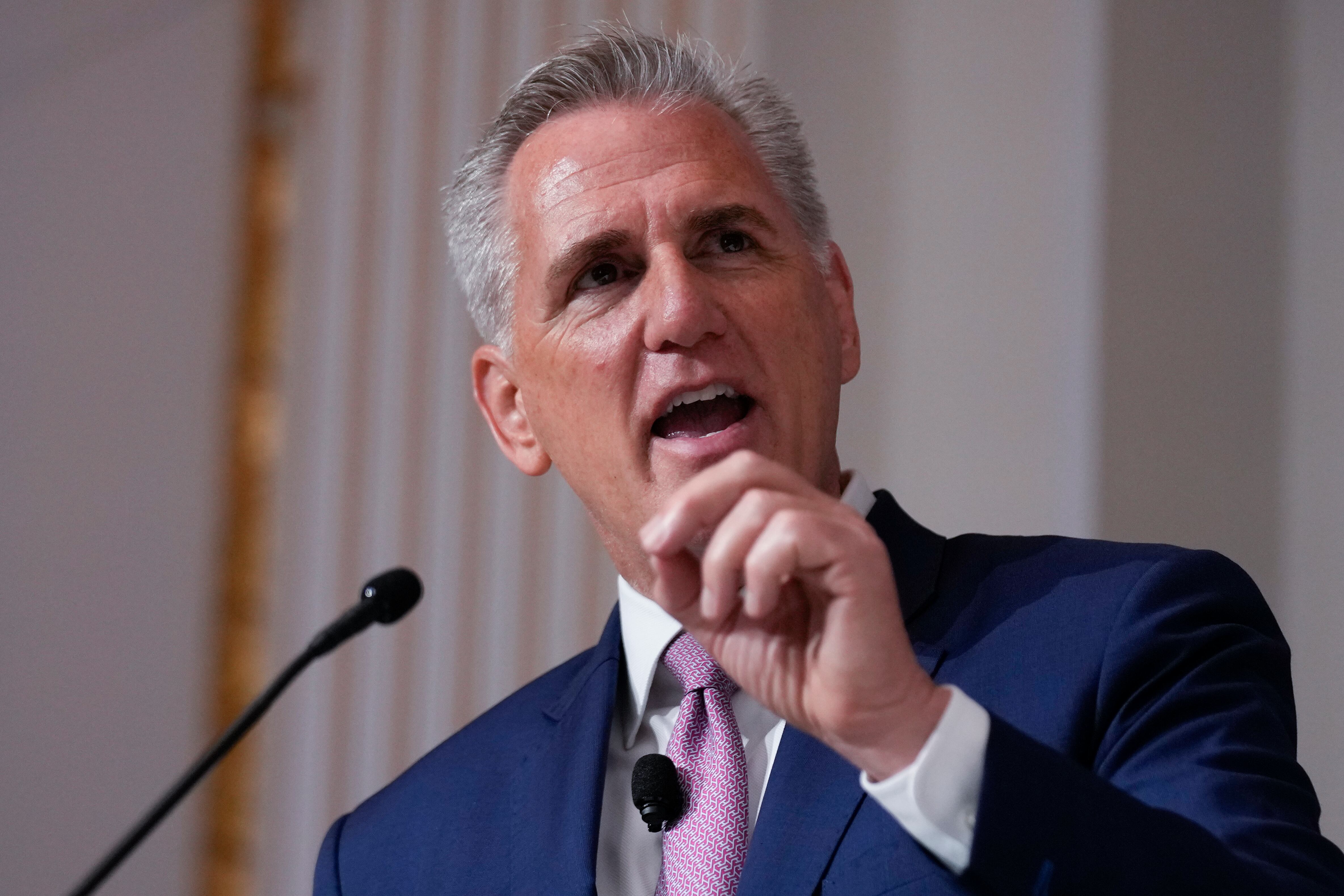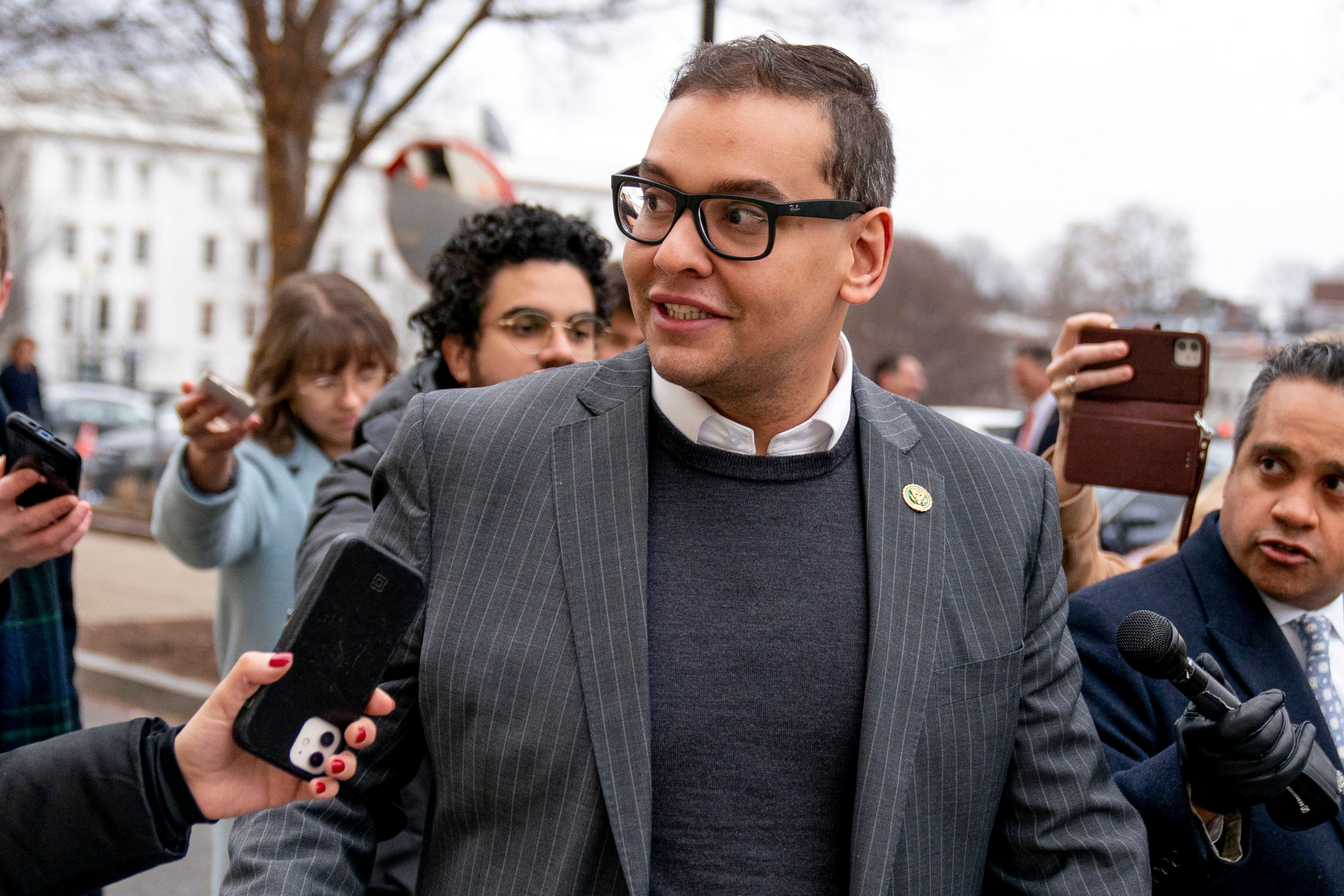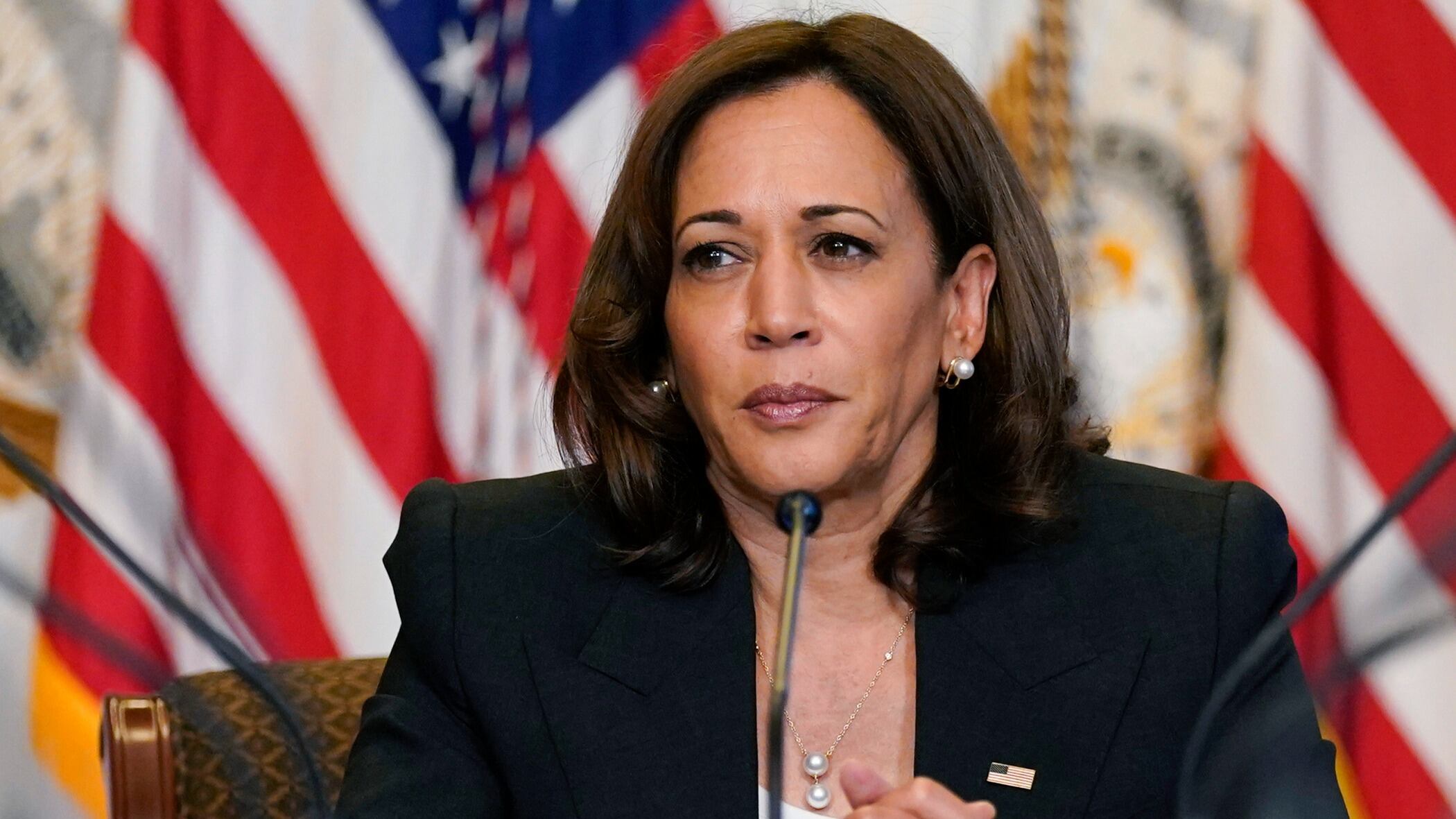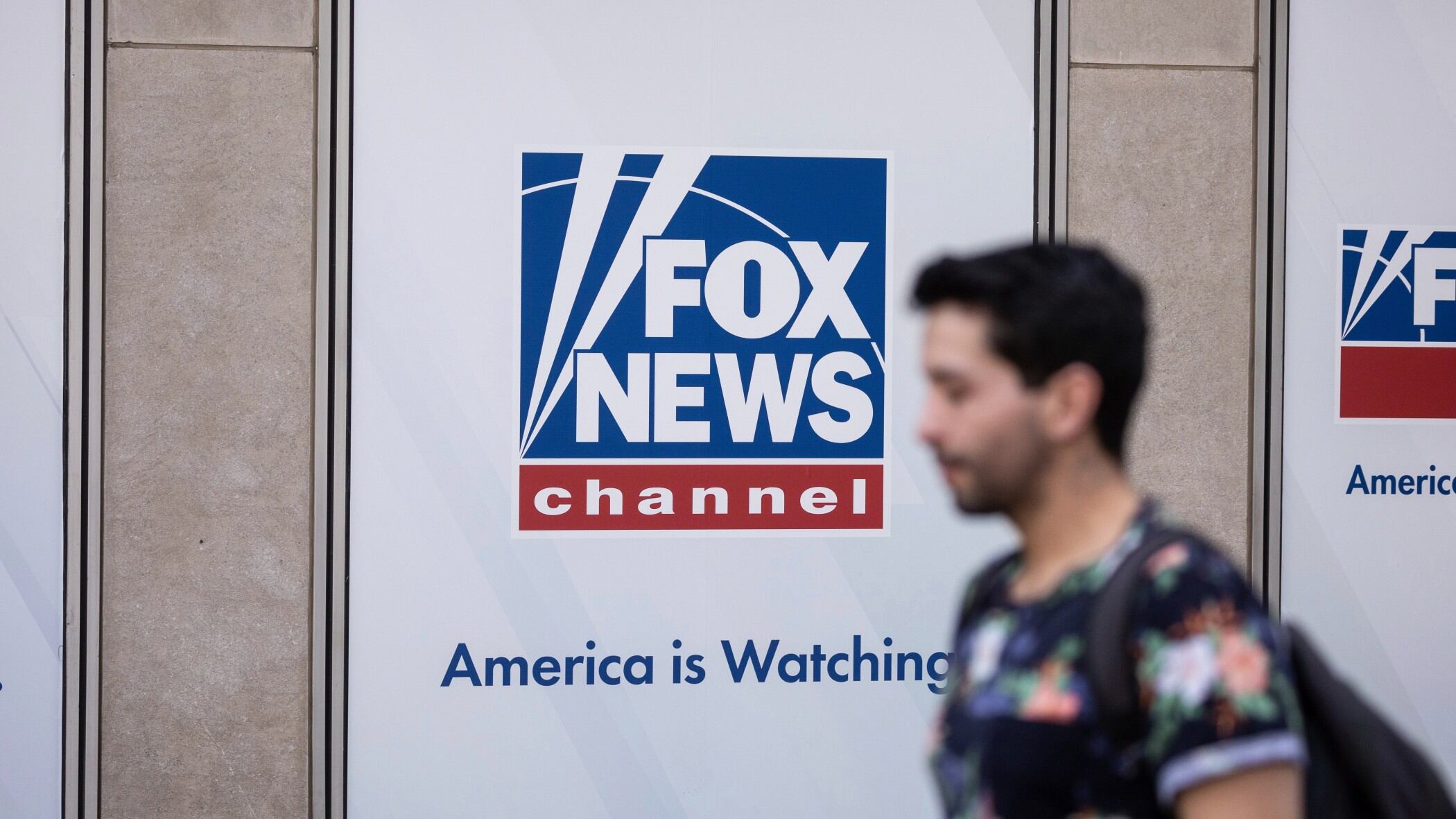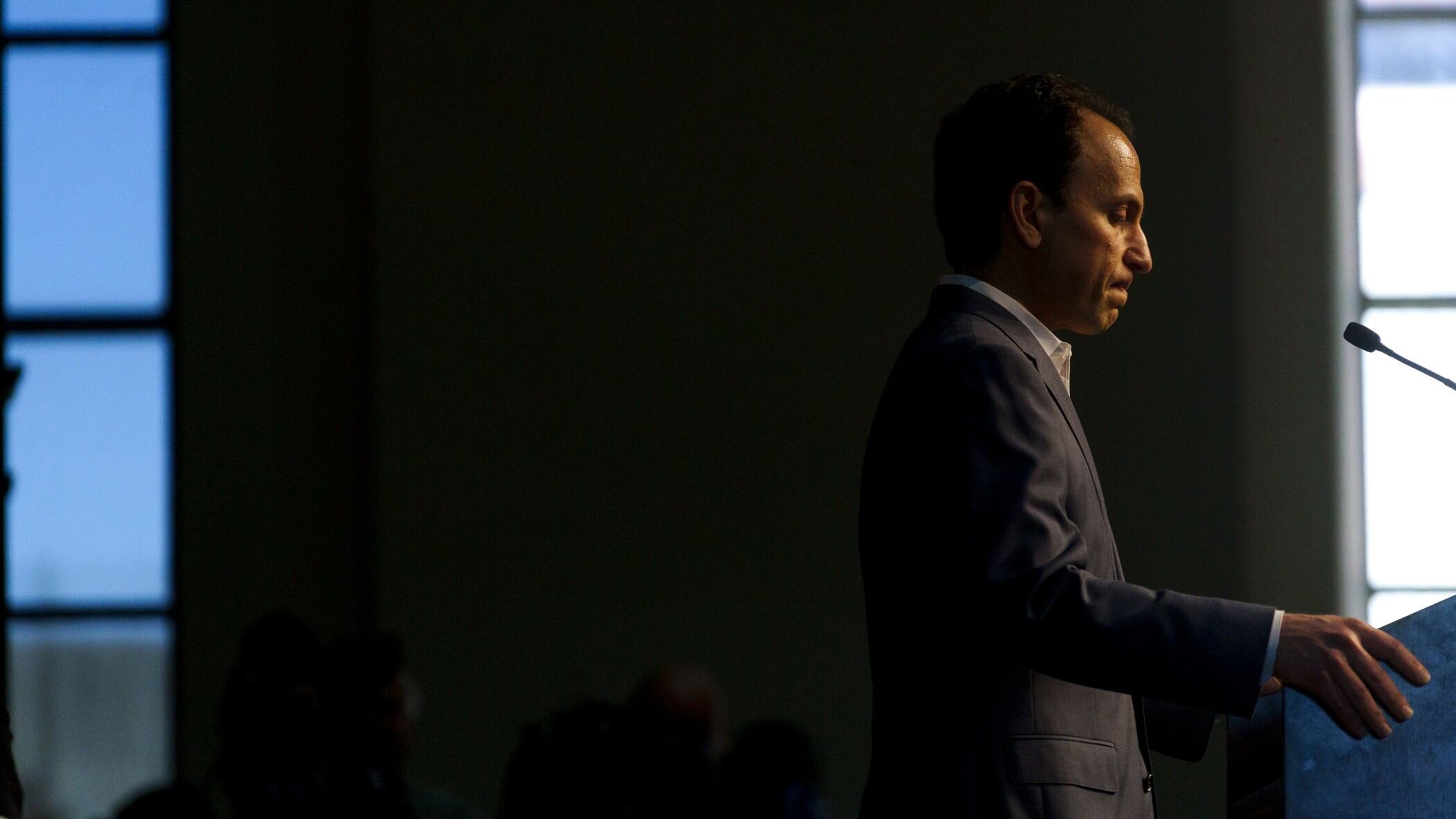President Trump reportedly ordered the firing of Robert Mueller over the summer but reversed course after the White House special counsel threatened to resign. That's according to a recent report in the New York Times. Fordham University Law Professor Jed Shugerman explains the potential legal ramifications of these revelations.
"This now becomes part of a longer timeline for Mueller," said Shugerman. "The statue that covers obstruction of justice depends upon proving that there was a corrupt intent. So the more events that show a corrupt intent the stronger the case would be."
Former White House Communication Director Anthony Scaramucci took to Twitter, tweeting "...@POTUS should be able to have a private conversation with WH Counsel without the content being leaked." Shugerman says presidents can have private conversations, but they cannot conspire to commit felonies.
House Speaker Kevin McCarthy pledged Monday to pass legislation to raise the nation's debt ceiling — but only on condition of capping future federal spending increases at 1% — as he lashed out at President Joe Biden for refusing to engage in budget-cutting negotiations to prevent a debt crisis.
U.S. Rep. George Santos, the New York Republican whose lies about his background and wealth helped propel him into office, announced Monday that he's running for reelection.
Gov. Ron DeSantis and Florida lawmakers are ratcheting up pressure on Walt Disney World.
Vice President Kamala Harris on Saturday urged Americans to take action during “a critical point in our nation’s history” as thousands of protesters demonstrated across the country against new limits to abortion rights making their way through the courts.
As explosions and gunfire thundered outside, Sudanese huddled in their homes for a third day Monday in the capital Khartoum and other cities, while the army and a powerful rival force battled in the streets for control of the country.
Norwegian battery startup Freyr is planning its next factory in an Atlanta suburb because a new U.S. clean energy law offers generous tax credits for local production.
Next month, the IRS will release the first in a series of reports looking into how a publicly run system might be created.
Without citing a reason, the Delaware judge overseeing a voting machine company’s $1.6 billion defamation lawsuit against Fox News announced late Sunday that he was delaying the start of the trial until Tuesday.
“This has been an unspeakable week of tragedy for our city,” said mayor Craig Greenberg.
The Supreme Court said Friday it was temporarily keeping in place federal rules for use of an abortion drug, while it takes time to more fully consider the issues raised in a court challenge.
